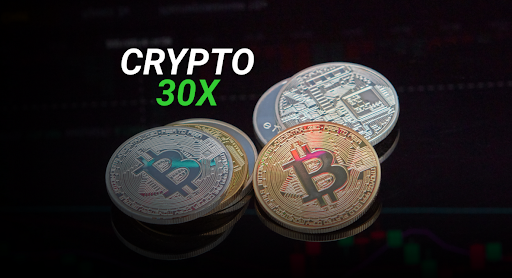US Sanctions List: Definition, Types & Compliance Essentials
When people refer to the US sanctions list, they are specifically referencing databases maintained by the U.S. Treasury’s Office of Foreign Assets Control (OFAC). These official lists identify individuals, entities, vessels, and jurisdictions subject to economic and trade sanctions under U.S. law.
What Is the US Sanctions List?
These lists—such as the Specially Designated Nationals (SDN) List and Consolidated US Sanctions —name those targeted across various sanction programs. Entities on the lists face asset freezes, trade bans, and transaction prohibitions for U.S. persons. OFAC also issues secondary sanctions, penalizing non-U.S. parties who engage with listed targets, even without a U.S. nexus.
Key Components of US Sanctions
- SDN List
The primary enforcement tool—the list of individuals, groups, vessels, or organizations blocked due to involvement in terrorism, drugs, weapons proliferation, or other illicit activities. U.S. persons are prohibited from doing any business with them. - Consolidated Sanctions List (CSL)
Merges multiple OFAC and other agency lists, including SDN, sectoral lists, denied parties, and the Entity List from BIS, ensuring thorough coverage for compliance teams.
How US Sanctions Are Updated
OFAC regularly issues sanctions list updates, reflecting new designations, list changes, or revoked entries. Recent actions include designations tied to the ICC, cybercrime, Iran, Russia, North Korea, and Venezuela. Key updates in 2025 include sanctions against a Venezuelan militia leader and new measures targeting Iranian oil networks.
Types of Sanctions Enforced
| Sanction Type | Target | Effect |
| Comprehensive | Entire countries (e.g., Iran) | Broad bans on trade, financial transactions, and investment |
| Targeted/Primary | Specific individuals/entities | SDN’s asset freezes and US transaction blocks |
| Secondary | Foreign actors interacting with sanctioned parties | Sanctions imposed on non-U.S. persons for facilitation |
| Sectoral | Targeted economic sectors | Restrictions on specific types of business activities |
Who Must Comply with US Sanctions?
- Financial Institutions – Banks, fintechs, insurers, and crypto platforms must do sanction screening all clients and transactions.
- Exporters & Trade Businesses – Must verify buyers and partners against sanctions lists before shipment.
- Multinational Corporations – Required to screen global vendors to prevent secondary sanctions.
Key compliance tools include sanctions screening systems, AML checks, and PEP screening—integral components of robust compliance frameworks.
Sanctions Screening Best Practices
- Automated Watchlist Checks: Match names, beneficial owners, vessels, and addresses against SDN, CSL, and BIS lists using fuzzy logic and risk thresholds.
- Real-Time Monitoring: Continuously monitor transaction flows and counterparties with automated alerts for sanctions hits.
- Regular Updates: Ensure daily refreshes from OFAC, BIS, and others to capture new designations immediately.
- Risk-Based Override Processes: Use escalation protocols and conduct manual reviews for potential matches.
- Comprehensive Record-Keeping: Log all screening decisions, rationale, and regulator reporting for potential audits.
Consequences of Non-Compliance
Violating U.S. sanctions can result in:
- Massive Fines and Settlements: Companies have incurred billions in penalties for sanction violations.
- Criminal Prosecution: Company executives may face criminal charges.
- Reputational Damage and Operational Suspension: Engagement in masked transfers, ship-to-ship shipments, or oil smuggling may have adverse consequences.
US Sanctions + AML Sanctions Screening
Combining sanctions screening with AML monitoring provides superior compliance coverage. Names appearing on SDN/CSL lists should trigger blocked transactions and generate Suspicious Activity Reports (SARs). When paired with PEP screening, firms can manage politically exposed person risks and layered sanctions vulnerabilities effectively.
Emerging Trends & Regulatory Focus
- Secondary Sanctions Rising: The U.S. increasingly targets companies from other countries assisting sanctioned parties.
- Sanctions Targeting Cybercrime & Terror Networks: Sanctions have recently targeted Balkan cyber gangs and Venezuelan drug networks.
- Sanctioning Oil Shadow Fleets: Crackdowns focus on Middle Eastern oil smuggling operations using ship-to-ship vessel transfers .
Final Thoughts
The US sanctions list is a vital compliance tool enforced by OFAC and BIS, covering SDN, CSL, and sectoral designations. It demands rigorous sanctions screening, AML integration, and risk-based monitoring. Organizations must stay updated, maintain tight audit trails, and employ layered compliance strategies to protect against sanctions violations and secondary risks in global operations.
Keep an eye for more latest news & updates on Ancient Artz!






